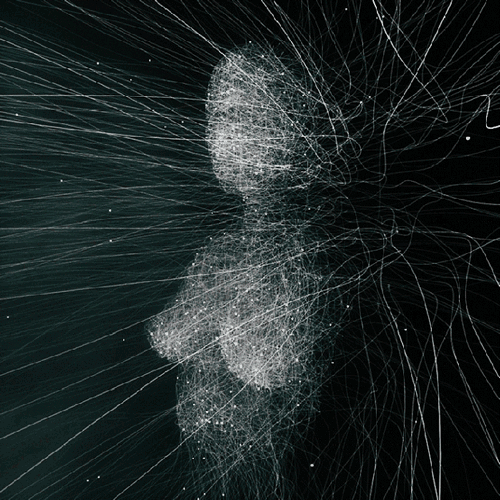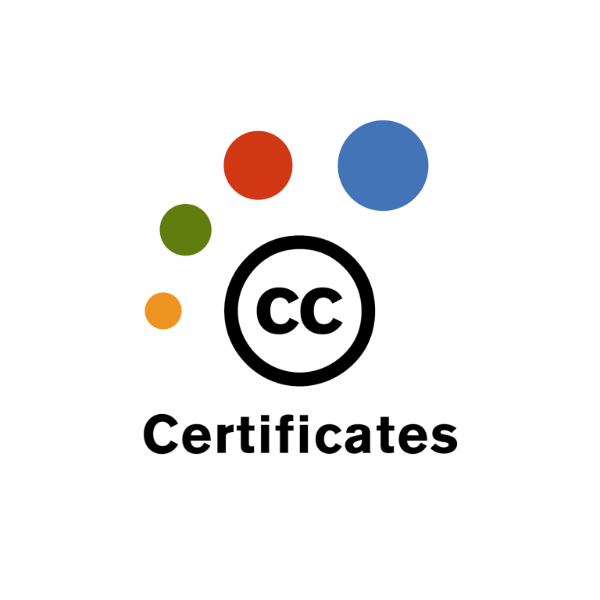
I see that the Google Science Fair is back and, though many K-12 teachers are at the end of their academic year, this summer is the time to plan for what students could do in the fall. This seems like a "science" activity, but this is where the phrase "digital humanities" should be.
Looking at the the website googlesciencefair.com, you find projects that take the science well beyond the science classroom. Closely related are the activities in Google's Applied Digital Skills curriculum. Here you can find some well-constructed lessons that can be done in as little as an hour and ones that could stretch across a week or unit.
For example, one suitable for middle and high school students is on creating a resume. It's something I did with students decades ago in a non-digital way. The skills involved here are many. Obviously, there is the writing, some research and some analysis of your own skills and ambitions. There are also the more digital forms of collaboration, document formatting and submission. I did this with undergrads a few years ago and required each of them to research and submit their resume to an internship opportunity.
A longer activity that fits in so well with topics currently at the top of the news is about Technology, Ethics, and Security. Students research technology risks and dangers, explore solutions, and create a report to communicate their findings.
I would also note that the digital humanities must include what humanities teachers do in their work.
Quizzes in Google Forms have been around for a few years and educators have used them for class assessments and in unintended ways as a tool. New features were recently added based on feedback from teachers' creative uses of the Quizzes.
One example is that now, using Google’s machine learning, Forms can now predict the correct answer as a teacher types the question. It can also provide options for wrong answers. A simple example is a quiz on U.S. capitals would use this feature to "predict" the correct capitals for every state.
That doesn't mean that Google doesn't have a special interest in the computer science side of eduction. They offer special resources in those areas and professional development grants for CS educators to support those in Europe, the Middle East and Africa.
I don't want to sound like an advertisement for Google - though advertising free and open resources isn't like selling something. Much of what the digital humanities can do moves teachers into an "open pedagogy." It changes the way we teach.
This is more important than just finding resources.
David Wiley has written:
"Hundreds of thousands of words have been written about open educational resources, but precious little has been written about how OER – or openness more generally – changes the practice of education. Substituting OER for expensive commercial resources definitely save money and increase access to core instructional materials. Increasing access to core instructional materials will necessarily make significant improvements in learning outcomes for students who otherwise wouldn’t have had access to the materials (e.g., couldn’t afford to purchase their textbooks). If the percentage of those students in a given population is large enough, their improvement in learning may even be detectable when comparing learning in the population before OER adoption with learning in the population after OER adoption. Saving significant amounts of money and doing no harm to learning outcomes (or even slightly improving learning outcomes) is clearly a win. However, there are much bigger victories to be won with openness."
Too much emphasis when talking about OER is on free textbooks and cost savings and not enough on the many other resources available that allow educators to customize their curriculum and even allow for individual differences. The longtime practice of curriculum designed around a commercial textbook needs to end.
I have written here about what I called Open Everything. What I am calling now Open Pedagogy would be under that umbrella term. Others have called this pedagogy Open Educational Practices (OEP). In either case, it is the use of Open Educational Resources for teaching and learning in order to innovate the learning process. In this, I include the open sharing of not only the resources, but also of the teaching practices.
Currently, I would say the level of openness we see is low. Others have defined the levels as: Low - teachers believe they know what learners have to learn. A focus on knowledge transfer. Medium - Predetermined Objectives (closed environment) but, using open pedagogical models and encourage dialogue and Problem-based learning. And the goal is for the highest level when Learning Objectives and pathways are highly governed by the learners.

